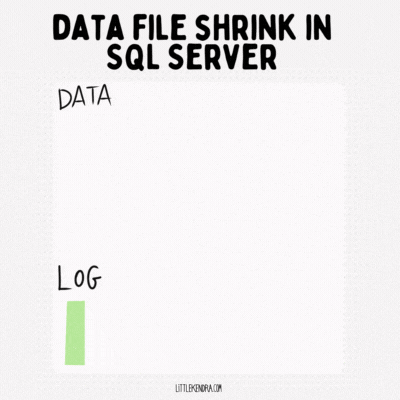Query Hash Values Are Meaningless in SQL Server: They May Be Reset to Be the Same Value as the Query Plan Hash
This is the worst bug I’ve found in SQL Server to date. Previously, my top find was SQL Server Online Index Rebuild sometimes happens offline without warning. This one has taken top slot because it makes my life more difficult on a daily basis.
Background: SQL Server generates a query_hash for each query. This is stored in sys.query_store_query and it’s one of the primary ways you can identify what a query is across different Query Stores, or even the same Query Store over time, as surrogate query_id values get reset if Query Store is cleared or data ages on. The query_hash is a ‘Zobrist hash over the shape of the individual query, based on the bound (input) logical query tree. Query hints aren’t included as part of the hash.’ (Source)






